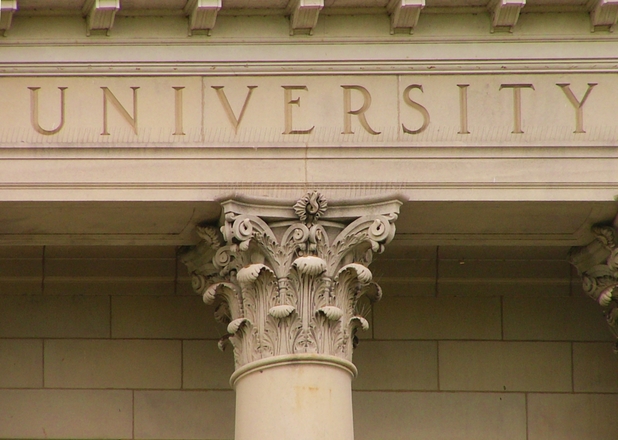The Student & the Visitor
Part I

Recent news headlines have highlighted a student’s unfortunate journey to earning her PhD (Doctor of Philosophy). The student’s commitment to earning her PhD caused her to seek the court’s assistance.
The public had mixed sentiments regarding what the court should have done. For some persons, the court should have ordered the university to award her the PhD. For others this was a “rich people problem” and the student should have used the money she spent to hire an attorney to earn a PhD elsewhere. The court’s decision was not about whether she earned the PhD. So, what was the case really about?
The Backstory
The student initially submitted her thesis in May 2011, it was returned to her for corrections to be made and she resubmitted the thesis in June 2013. In April 2014 the university notified the student that her thesis was rejected. The university was not satisfied that her work met the requirements for a PhD but was good enough to earn her an MPhil (Master of Philosophy). The student unsuccessfully used all the university’s internal appeal options. There was one other option for challenging the university’s decision. The Visitor!
Who is the Visitor?
Universities usually have their own internal rules/ laws. The Visitor, is the person appointed, and granted the exclusive right to rule on disputes that arise from the university’s internal rules/laws.
Hear ye, Hear ye! According to the document which established the university (the Royal Charter) Her Majesty Queen Elizabeth II, her Heirs and Successors ‘shall be and remain the Visitor and Visitors of the University’. The Visitor, Her Majesty Queen Elizabeth II, is considered independent of the university, and has the option of delegating the role.
Tea, anyone?
In July 2014, the student’s attorney writes to the Lord Chancellor of Great Britain requesting that a Visitor be appointed from Jamaica to save costs and time. About 2 weeks later, the attorney receives a response advising that it was “highly unlikely that the Visitor would intervene…” After a few more exchanges, the student’s attorney is directed to the Attorney General of the Bahamas since the university was incorporated there, and “…it would not …be appropriate for a Minister of the UK Government to advise the Queen on the exercise of Her Visitorial powers (or exercise them on her behalf) in relation to an institution incorporated in an independent Commonwealth country”.
The student’s attorney objected to the referral to the Bahamas, and again requests that a Visitor be appointed from Jamaica. During this time, the deadline for the student to resubmit her thesis is approaching and she is given an extension up to December 31, 2014.
The Visitor arrives…finally.
In August 2017, the Office of the Governor General in Jamaica informed the student that the Queen delegated her role as the Visitor to a retired judge, the Honourable Mr. Justice Paul Harrison. Unfortunately, Justice Harrison passed on, and the student’s case remained unresolved.
The special new Visitor
A new Visitor was appointed in May 2019, the Honourable Mr. Justice Rolston Nelson. What made him special? In November 2018, the Royal Charter which established the university was amended by the Council of the university, with the approval of the Queen, to allow a Visitor to be appointed from the region. Justice Nelson was the 1st Visitor appointed under the amended Royal Charter. But there was a catch!
In May 2019, the student’s attorney writes to the Special Advisor to the Governor General of Jamaica in relation to the student’s case being heard. The case remains unheard, and in April 2020, the student’s attorney files a claim in the Court alleging a breach of her constitutional rights.
Would you have given up by now, and settled for the MPhil?
In the next article we will explore what happened at Court.
Until next time, stay safe.
Disclaimer by the author: Nothing in this article is to be taken as legal advice. You should consult an attorney regarding your specific case. All liability with respect to actions taken or not taken based on the contents of this article are hereby expressly disclaimed.
